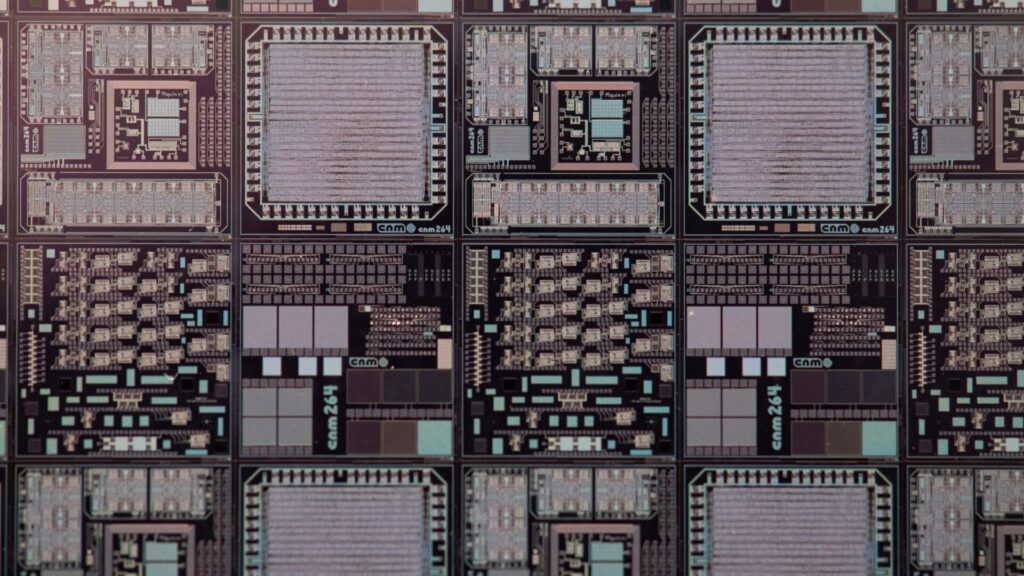Another company backed by tech magnate (and part-time apocalypticist) Peter Thiel is seeking to disrupt Silicon Valley.
The Wall Street Journal reports that Substrate, a U.S.-based chip startup, recently raised $100 million, and plans to use the funding to support its ongoing mission to upend the semiconductor industry. The company’s website lists a number of prominent venture capital firms as its backers, including Thiel’s Founders Fund, General Catalyst, the CIA-backed In-Q-Tel, Long Journey, and MITIMco, which is associated with MIT.
So how does Substrate plan to reinvent the semiconductor game? According to the Journal’s report, it wants to vertically integrate all of the various activities associated with chip production so that it “owns the entire [manufacturing] process.” Currently, the chip industry is—much like many other industries—a complex supply chain, that sources hardware infrastructure from all over the globe. Large parts of that supply chain originate in Asia.
Given the political turmoil in Asia, there’s been ongoing talk about the need to reshore chip production in the U.S. Substrate would appear to be trying to do just that but, if its activities all sound very impressive, unfortunately, industry experts are skeptical that it can accomplish its goal. The Journal notes that “industry veterans have said vertical integration is unsustainable” for their business.
Substrate’s co-founder, James Proud (described by the Journal as a Thiel “protégé”), promises to return “the United States to dominance in semiconductor production,” but has admitted that his plan may sound a little far fetched. “If I had come from the existing industry, I probably wouldn’t believe it’s possible because I’d probably know too much about how hard it’s going to be, and it was and it has been immensely hard,” he said.
On the company’s website, it frames its efforts in existential terms: “The only chance the United States has to return to dominance in semiconductor production would be to create a new type of more vertically-integrated foundry, one that continues pushing Moore’s Law in both performance and cost,” the site states. “To achieve this, Substrate is building next-generation semiconductor fabs to return America to dominance in semiconductor production and will use our technology—a new form of advanced X-ray lithography—to power them.”
Proud further explained to the Journal that one of his company’s advantages is its more “compact machine that uses ultrashort-wavelength laser light to etch intricate and microscopic patterns on silicon wafers.”
The Journal also notes that Substrate “has received attention from the Trump administration,” although it’s unclear what kind of attention its been or the extent to which it has helped the company. In the current era in which the AI industry is ascendant, the physical infrastructure necessary to produce that AI is taking on ever more vital importance. The Trump administration has also sought to encourage domestic chip production so, in that sense, Substrate is making the most of the current political moment.

